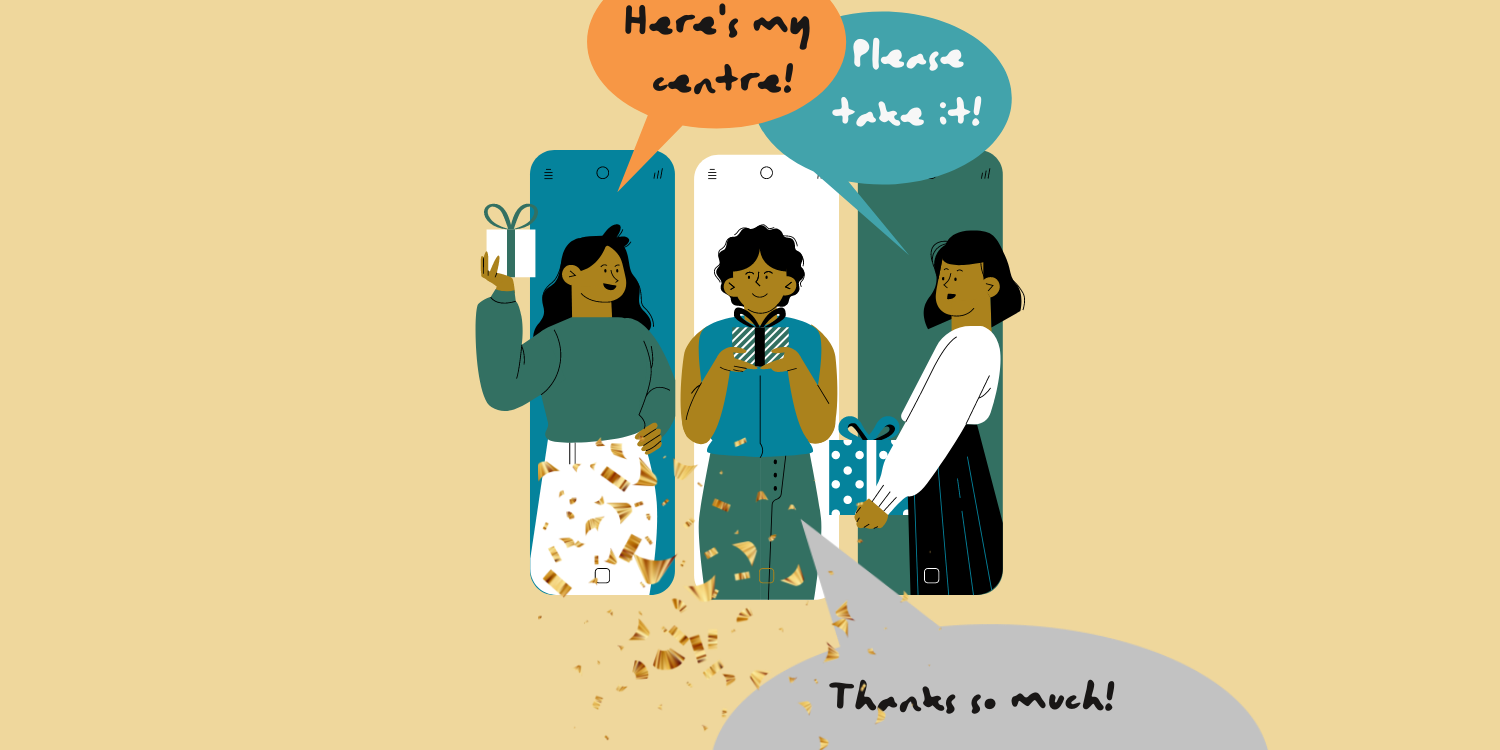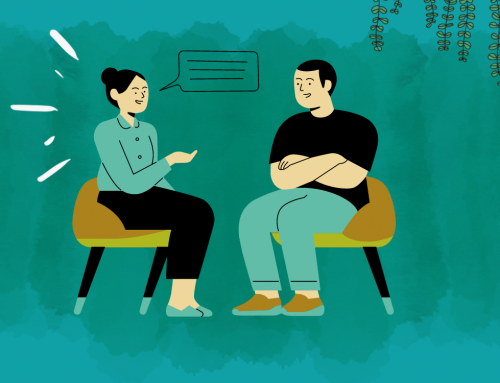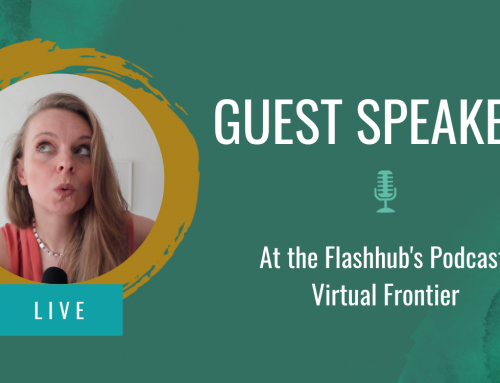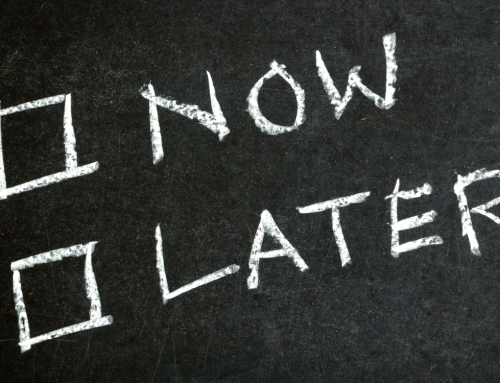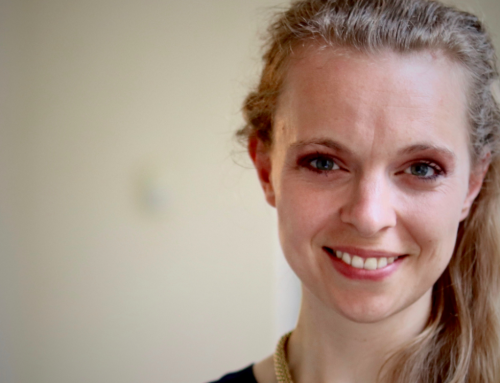We might be familiar with “loosing our physical centre” – not only if you are into martial arts. And for sure we are equally familiar about the idea of loosing our emotional centre. Or (if such thinking resonates with you): our energetic centre.
Loosing our centre is something we readily diagnose in others. But only with difficulty admit to be guilty of ourselves. Instead we love to blame the people or the authority that we are giving our centre away to: Of being being controlling, overpowering, being unethically or cheekily seductive, being in one way or another “better” or simply “helpful”. We can give away our centre to others, but also to stories, narratives and ideas; the past and the future.
No matter what our favourite excuse is: We are all doing it. We know how it feels.
Our carefully designed self-coaching guide can be downloaded HERE
When we give away our centre we care more about what others think about us than what we do. We adapt our behaviour to their wishes, their logic. We might even question our own perception. Not because there was an actual reason for it, but because we seek to be accepted, loved, given attention, heard, validated, recognised, respected, followed or feared.
When we are arguing with them in our head, planning a future conversation or seeking for retribution, when we experience high levels of stress, sadness, fear or distracting excitement, basically: When we are triggered in an interaction we have given away our centre.
And it is in that crucial moment that we readily disempower ourselves by (partially or fully) handing over the authority over our own thoughts and behaviour to someone or something else.
[dramatic pause for everyone to take a deep breath]
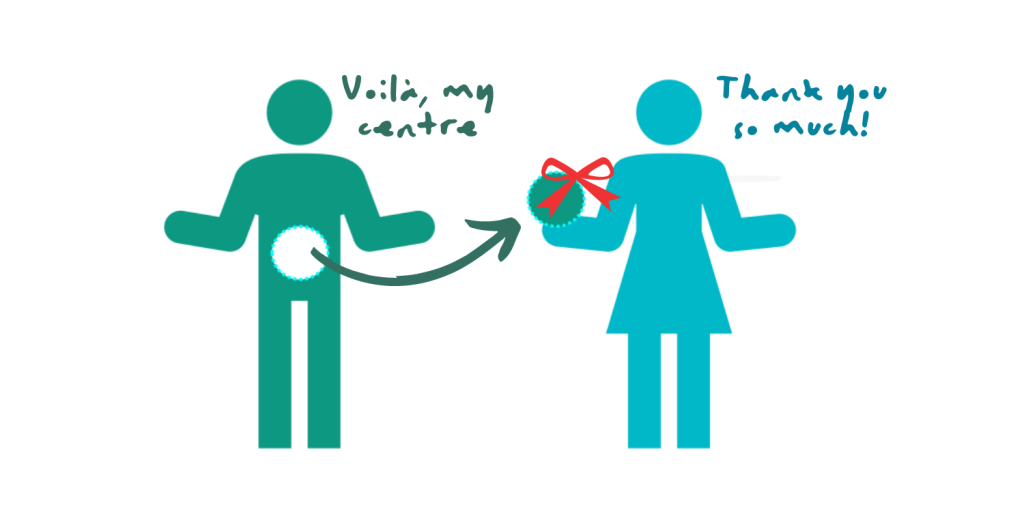

Lets first of all realise:
Nobody can take our centre away from us. Only we can give to others.
Why on earth do we give away our centre?
Very simple: For safety. By giving away our centre we feel -to a certain extent- no longer responsible. To take care of our state, our moods, our attitudes, our decisions, even -we might trick ourselves into thinking- our actions. And certainly we hand over our initiative to change something. Even if it is just for a micro-moment: A part of us becomes “them”. We make their perception, their views and values ours – without critically questioning them or maybe even understanding them.
So that we can feel s.a.f.e.. So that we can avoid being held accountable. Not having to take care of ourselves (whether practically or emotionally) and have someone else do the work. We outsource confrontation, having to bear consequences of being fired, demoted, made feel inadequate.
And why other people invite us to do it
Same reason: For their own safety. If we give other people our centre we are no longer threatening. We do not take our own decisions and we (even if just for a short moment) postpone our own critical thinking. They are safe, and do not have to fear pressure to evaluate their actions, statements or beliefs.

It is hence no surprise that, certain professions, positions or personalities gravitate towards luring you into thinking that giving them their centre will make your life better: Be it superiors at work, mentors, lawyers, bank consultants, a domineering family member, a friend, a partner or a even child. The methods exercised to collect other people’s centres are manifold. They range from the use power or threats, constructing a seductive and inescapable system of financial or job security, offering love, intimacy, protection or… simply spare you from their emotional outbursts (a sub-category of threats).
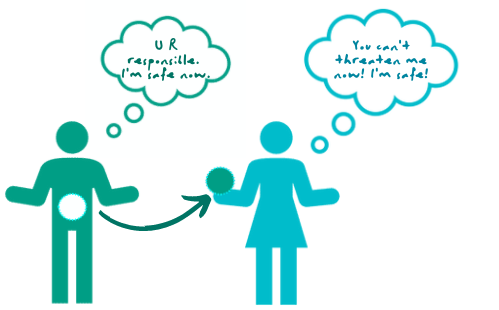
The price paid: Keeping yourself dumb. And surrounding yourself with mindless followers
It is human. Understandable and at times an important survival instinct to give away our centre. As children, learning bear a healthy degree of delayed gratification as a result of mum telling you off after touching the candy jar might be useful. As we grow up and our become more able to navigate through the world on our own terms, living without a centre comes at unbearably high costs of decreased life satisfaction in the form of powerlessness or loneliness.
It is easy to see how – if we continuously give away our centre – we navigate ourselves into a position of powerlessness. This creeping process often times starts by a small yet sincere wish to receive or achieve something. A small sensation that we ourselves won’t be enough, a meek attachment to a craving, a desire or expectation. And before we realise it we are on the hook uncritically following someone else’s thinking. Doing this for a long time might mean that we don’t recognise ourselves anymore. That at work or in our private realm we seem to have lived someone else’s philosophy feeding off the idea that we have chosen the right path. A path initially suggested by [pls insert the name of the person who comes first, whose attention or recognition you sought]. The price is obvious: It is living in alienation with ourselves and the life we have created. Secretly knowing that we could do more and ARE more than we make ourselves believe. In the long run this means to constantly grieve our unlived potential.
So what is the price for those who “collect” other people’s centres? Surprisingly similar: It is alienation too. However it comes in the form of loneliness. The loneliness of a life where nobody seems worthy, smart enough, with enough integrity or honest enough to be met eye-to-eye. Despite longing for deeper and more meaningful connection, those – especially leaders – who collect the centres of others often think there is no alternative to their behaviour as the price of giving up security seems too high to pay. If you continuously collect other people’s centres rather than letting them have theirs, you will find yourself being surrounded by people who you call “dumb”. You, too, will likely grieve your unlived potential, however you will probably blame others for that.

Embarking on the long path of recentering
Most (if not all) of us have areas in our lives where we alienated ourselves. Where we mindlessly followed other people’s narratives rather than thinking carefully about our own. Interestingly it does not make a major difference whether you are giving away your centre or collecting the centres of others. Eventually you are lulling yourself into a soothing cocoon of safety – ending up either powerless or lonely or both.
The first step is to acknowledge that we have traded our own sense of ownership for a promise of having a craving, a desire, an expectation – aka an attachment – fulfilled. Our wish may be sincere. It may be completely understandable and it is definitely not your fault to have it. And yet: each of us makes a moment-to-moment choice to live from a position of self-accountability and ownership versus powerlessness. So if we want to free ourselves of our self-build cocoon there needs to be a firm decision to heal and to stay centred. At times we are ready for this. At times not. And that’s fine.
So if you ARE ready for change, here are some questions worth answering to escape your cocoon:
- What are the areas in my life where I live in alienation with myself and/ or others? Or: What are the areas in my life where I don’t seem to be able to escape a lack of fulfilment? (the classics are: work & relationships)
- How am I giving away my centre: What habits/ behaviours or pivotal actions have I indulged in, what beliefs have I cultivated so that I could avoid facing self-responsibility?
- Who or which narrative have I given my centre to?
- What am I avoiding? What consequences? Which confrontation? In what specific ways did my fearful animal brain seek and potentially find safety temporarily?
- What are the costs of alienation that I am incurring today? What is the decision I am ready to make? (And if it helps: What decision are you NOT yet ready to make?)
These questions will give you answers to the path that is ahead. They will be different for each of us. But we all have one.
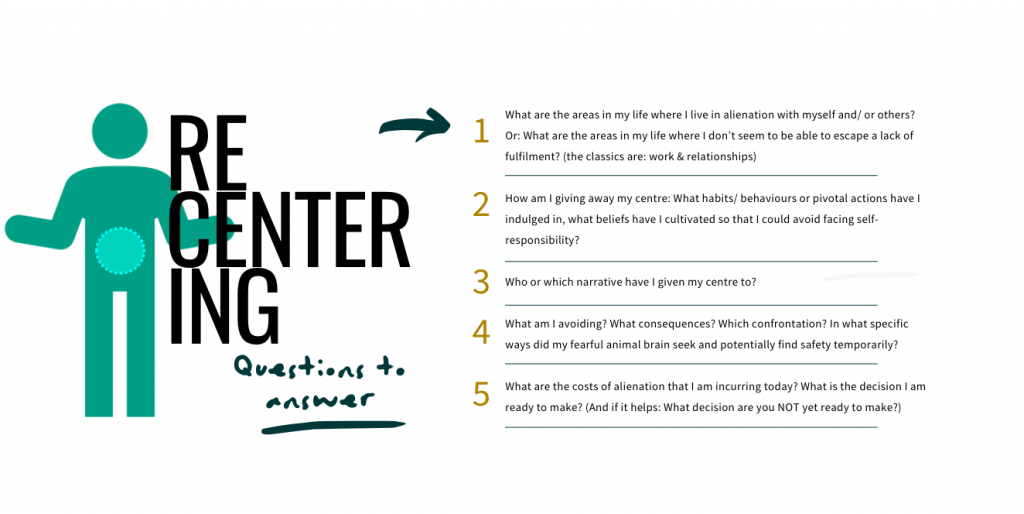
Keeping your centre in every life
The trickier endeavour is of course to maintain a habit of thinking, speaking and acting from your centre in your everyday life. This is hard, because there may be fear of having to face what we wanted to avoid in the first hand. Yet:
If we have clarity, we often times don’t require extra courage.
Keeping your centre means to think, speak and act from our values. From your own conviction, our own firm persuasion of what is truthful and right. It does not mean to be stubborn, inattentive or unreceptive to other people’s needs. It also does not mean to “not change an opinion” or to “not get out of the way”. It means that: When you respond, you respond by choice. From a non-triggered space of present receptivity. Training yourself to respond from your centre is nothing more than to train yourself being in relationship with yourself while still be in relationship with others.
To be clear, being centred has many facets. Your centre is your source of power. From your centre you can…
- say yes or no
- turn ideas/ vision into action or choose otherwise
- observe, sense into yourself,
- ask questions, make offers
- connect, set boundaries
- move, speak, think and feel.
Working on your centre is like working on the deep code your matrix is constructed of.
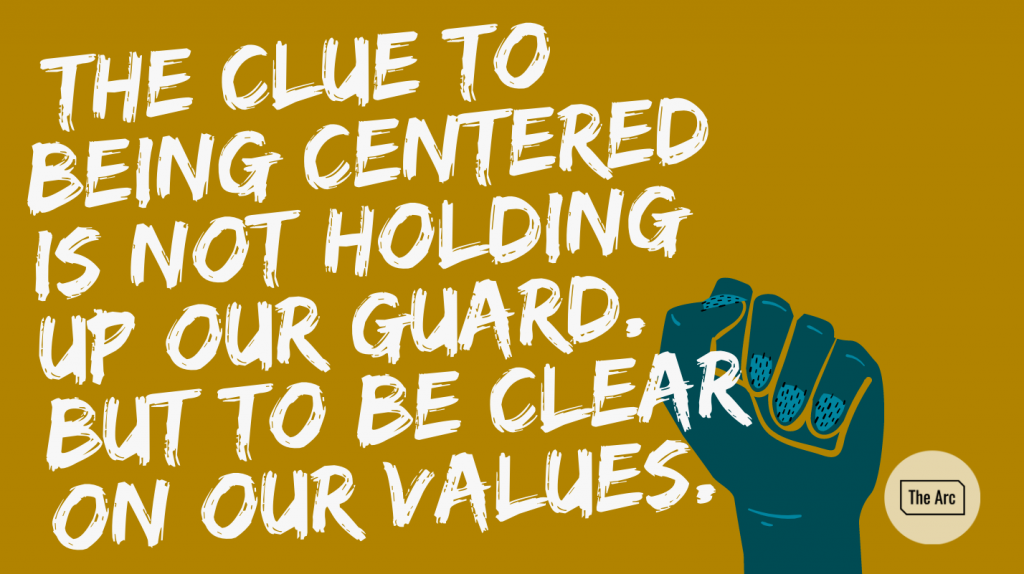
That being said: How do you keep your centre every day life?
Step 1: Notice who you have given your centre to. Acknowledge that nobody has taken it, but you willingly gave it away.
Step 2: Notice the adaptive behaviour and how you are harming yourself and the other person by withholding an authentic response.
Step 3: Sense into your physical centre first. From there answer the question “What needs to be stood up for now?”
Step 4: Say yes or no. Make a move inspired from the value that you wanna be a force of.
Step 5: If you meet resistance: Breathe deeply and ask yourself: Does that change my value or not? Do I still wanna stand up for this thing? Why? Make your next move based on your answer.
A different understanding of Centered Leadership?
To sum up: we believe true leaders keep their centre and don’t ask others for theirs. They are in charge and want you to be in charge. They shine and let you shine, too.
We cannot outsource our fear of uncertainty, but we can build authentic relationship with those around us, so that IF things happen, more brains can be smarter than one only.
Use your sense of clarity. Like that you do not have to avoid confrontation. But you also do not have to fear it.

Source: This article has been inspired by the work of Clinton Callahan and Possibility Management | Becoming centered.

